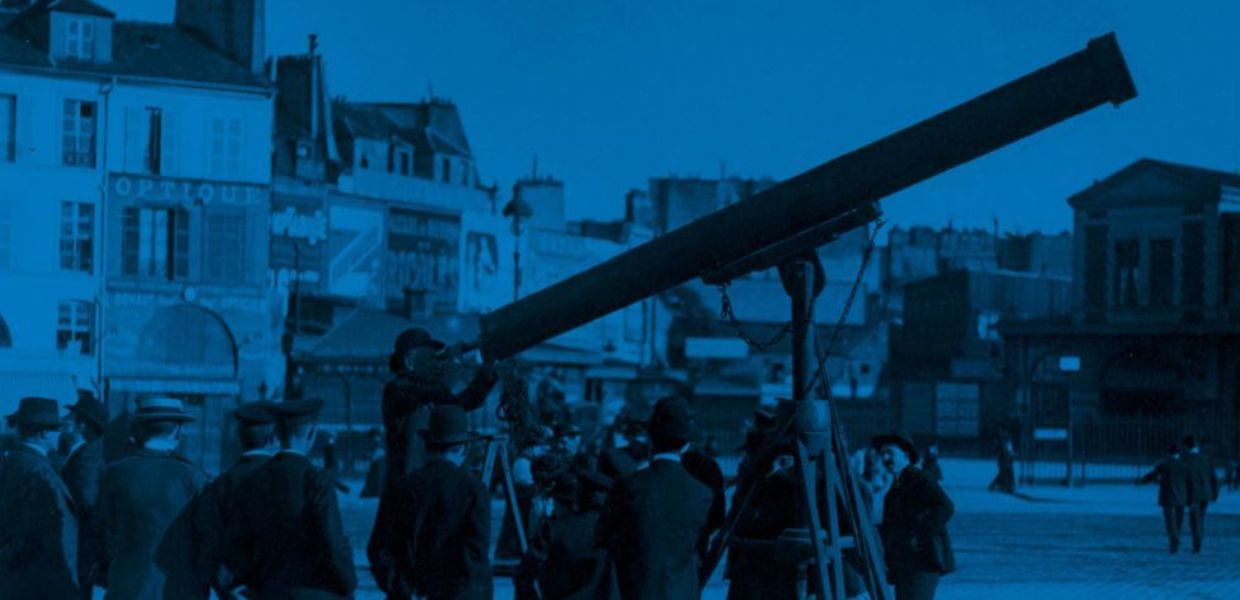From 2020 onwards, while safeguarding the core components of the activities that have made Europeana an important agent of change over the past decade, the Europeana Strategy 2020-2025 sees Europeana focus on a single task: supporting the digital transformation of Europe’s cultural heritage sector.
‘The COVID19 crisis has shown how attached citizens are to their cultural heritage and the importance of making this heritage available online. In these times of accelerated digital transformation, Europeana, as the digital cultural flagship initiative of the European Union, has a key role for bringing the heritage sector into the digital age,’ says Rehana Schwinninger-Ladak, Head of the unit 'Interactive Technologies, Digital for Culture and Education' for the European Commission.
As the full extent and impact of the COVID-19 pandemic begins to make itself felt, the need to embrace and support the digital transformation of Europe’s cultural heritage sector and to do so in an inclusive way, has never been clearer. The vision of this strategy, a digitally powered cultural heritage sector taking its place at the heart of society, is more important than ever.
A focus on digital transformation
‘Good digital practices hold the key to many great things for cultural heritage institutions.’ says Harry Verwayen, Europeana Foundation Executive Director. ‘Digital transformation isn’t just about how cultural heritage institutions operate. It's about how they think. It isn’t just about technology and assets. It’s about people and skills. While we will continue doing what Europeana has become known for, like the collections website, we will put more emphasis in the coming years on supporting the sector from within, for example by developing a capacity-building framework that supports professionals in the sector in their development. We see a cultural heritage sector powered by digital contributing to a Europe powered by culture. Europeana’s role in that is to empower digital change in the cultural heritage sector.’
Through the new strategy, all cultural heritage institutions, no matter where they are in their journey, will be supported in their own digital transformation. They will be supported to create good quality digital assets in standardised formats, which in turn enables them to share, explore, interrogate and use their collections in ways that fulfil their own 21st-century missions.
As both the common multilingual access point to digital European heritage and a powerful platform for storytelling, Europeana will enable cultural heritage institutions to transcend cultural and national borders and place their collections in the European context - to be part of the story of Europe.
Three priorities
The strategy has three priorities, each supported by a set of key objectives. We’ll look at each priority in turn over this series of Europeana Pro News posts, but here’s a quick summary:
Strengthen the infrastructure - The Europeana Initiative will invest in supporting innovation activities that keep the infrastructure aligned with state-of-the-art tech.
Improve data quality - The Europeana Initiative will invest resources in activities related to metadata and content improvement. It will use new technologies like machine-learning algorithms to enrich metadata records.
Build capacity - The Europeana Initiative will support institutions in their digital transformation. It will showcase the importance and added value of digitisation, adoption of standards, best practice and common solutions.
How was the strategy developed?
This strategy was developed following the Report from the European Commission to the Parliament and the Council on the valuation of Europeana and the way forward (COM /2018/612). It is based on recommendations from the Expert Group on Digital Cultural Heritage and Europeana (DCHE).
The strategy is informed by trends in four main areas: public expectations, market forces, technological innovation and global perspectives. It acknowledges the roles of each body within the Europeana Initiative: the Europeana Foundation, the Europeana Network Association and the Europeana Aggregators’ Forum. This collaboration creates a multiplier effect for the Initiative’s many activities at European level. Together with work undertaken at Member State level, this builds a balanced ecosystem to support Member States’ drive for digital transformation across the sector and across Europe.


